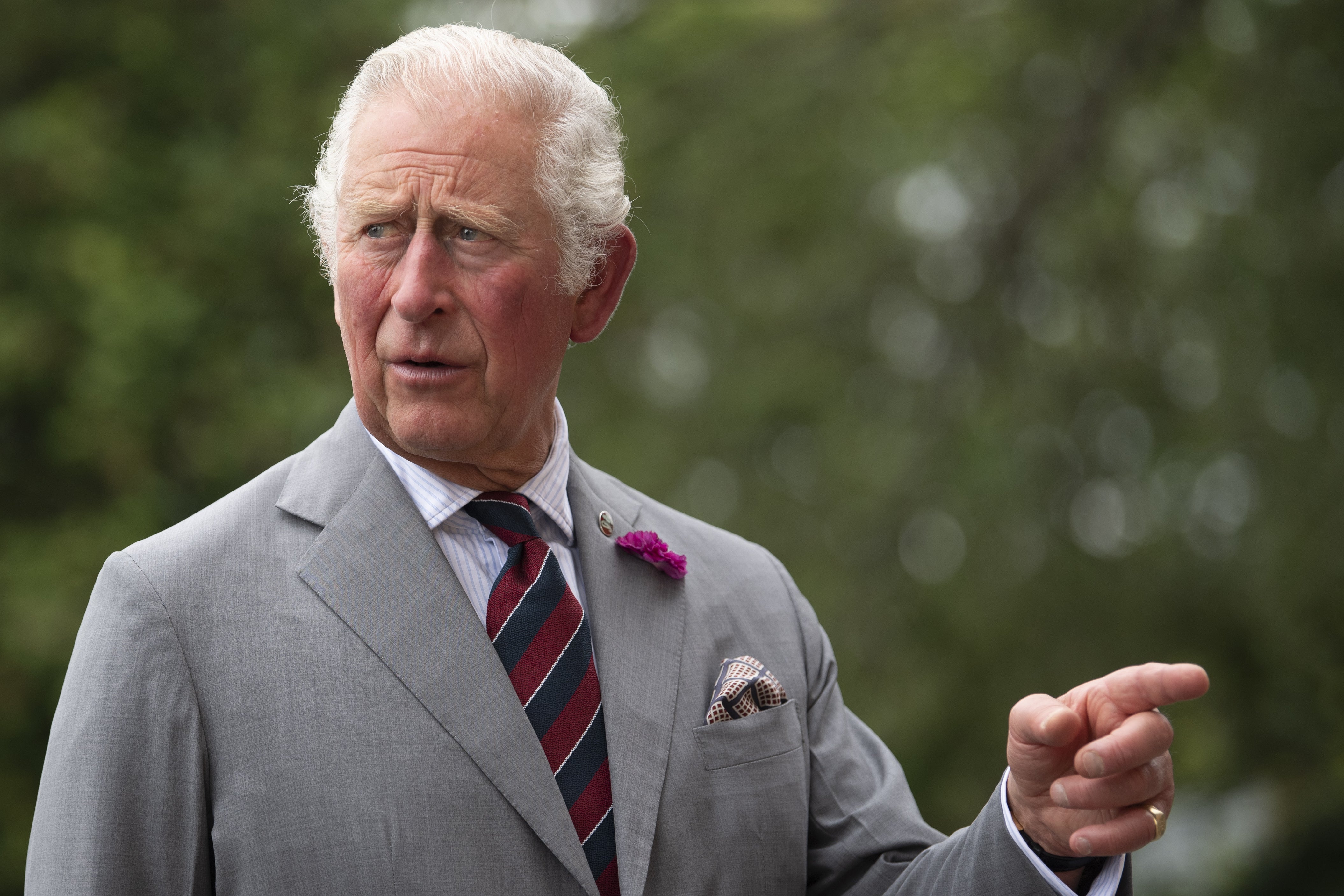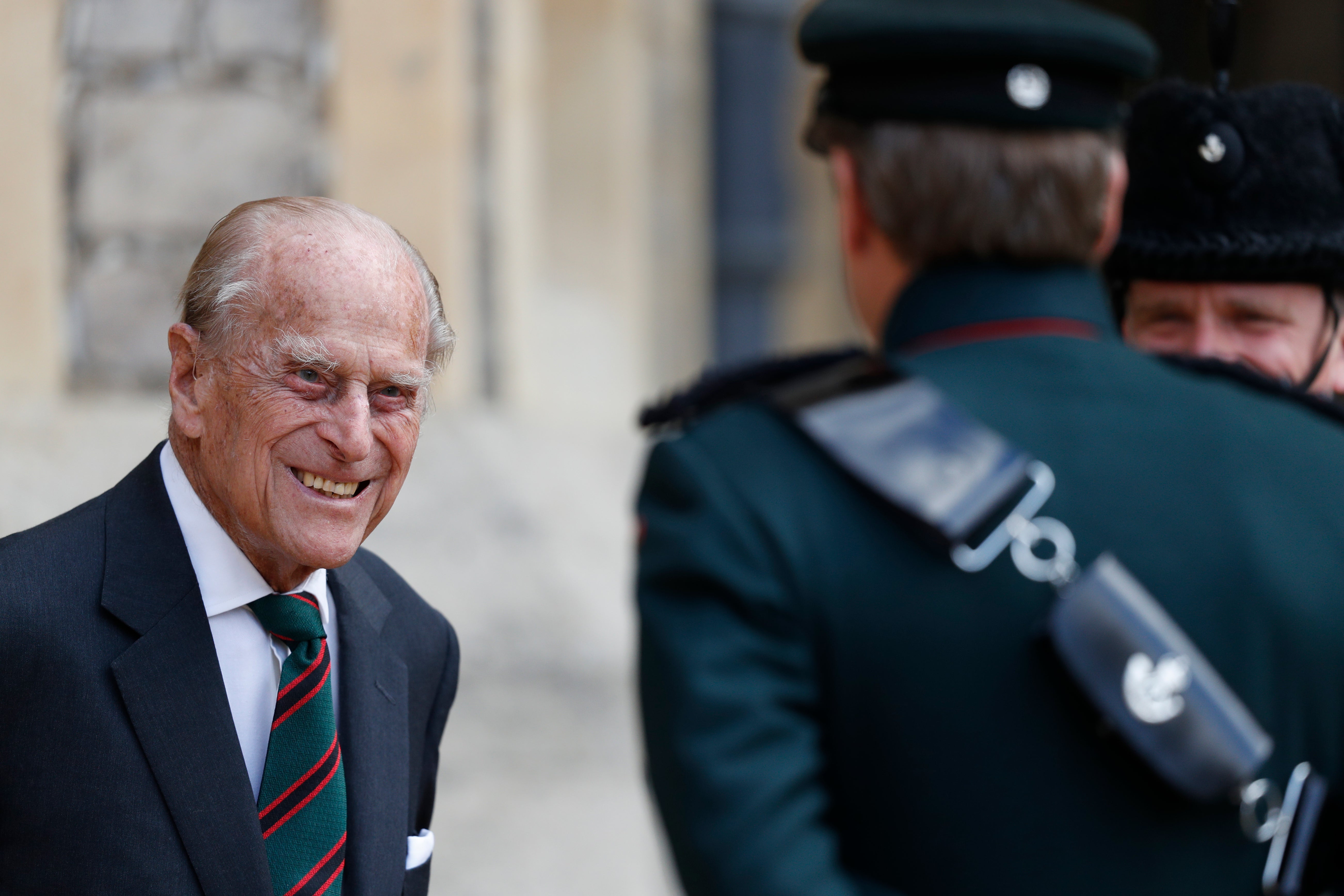Will Charles grant Philip’s wish about Edward?
The Duke of Edinburgh wanted his youngest son the Earl of Wessex to inherit his title
The Duke of Edinburgh always wanted his youngest son the Earl of Wessex to inherit his title, but the decision now lies with Charles, the new King.
Just three months after Philip’s death in 2021, it was reported that Charles was reluctant to hand the dukedom over to Edward when he became king.
When Prince Edward and Sophie Rhys-Jones married in 1999, they were given the titles the Earl and Countess of Wessex.
But Buckingham Palace also announced Edward would eventually one day succeed his father as the Duke of Edinburgh – but not until after the death of both Philip and the Queen.
The palace said at the time: “The Queen, the Duke of Edinburgh and Prince of Wales have also agreed that the Prince Edward should be given the dukedom of Edinburgh in due course when the present title now held by Prince Philip eventually reverts to the Crown.”
In keeping with the Letters Patent issued when King George VI gave Philip the title in 1947, Charles inherited the Edinburgh dukedom when Philip died – but he did not use it.

Now, on the death of the Queen, Charles has acceded to the throne and the title has merged with the crown and can be regranted anew.
But despite agreeing to his father’s wishes in 1999, Charles’s thinking was said to have shifted over the years as he reassessed his plans for the future.
He is known to be in favour of a slimmed-down monarchy.
Edward appeared to be aware of the uncertainty, hinting in a TV interview in the aftermath of Philip’s death: “It was sort of a pipe dream of my father’s… and of course it will depend on whether or not the Prince of Wales, when he becomes king, whether he’ll do that.”

If Charles takes no action, the dukedom will remain dormant and Edward will not be the Duke of Edinburgh.
To grant it to Edward, he would need to issue a new Letters Patent – an open document from a sovereign issued under the Great Seal of the Realm.
It could be Charles’s wish instead to keep it for a family member closer to the throne at a later date, such as his two Cambridge grandsons Prince George or Prince Louis.
Philip’s desire for Edward to have the title was in recognition of the earl’s commitment to the Duke of Edinburgh’s Award, the youth scheme which is one of Philip’s greatest legacies.
If Edward becomes the Duke of Edinburgh, his wife the Countess of Wessex will become the Duchess of Edinburgh – a courtesy title which was held by the Queen following her marriage.
The hereditary title would eventually be handed down to their son James, whose current title is Viscount Severn.
Philip was the sixth person – including two dukes of Gloucester and Edinburgh – to bear the title the Duke of Edinburgh.
The first was George I’s grandson Prince Frederick, later the Prince of Wales, for whom the title was first created in the Peerage of Great Britain in 1726.
George VI gave Philip the titles of the Duke of Edinburgh, Earl of Merioneth and Baron Greenwich in the Peerage of the United Kingdom shortly before his marriage to Princess Elizabeth on November 20 1947.
Philip’s great-great-uncle, Prince Alfred Ernest Albert, fourth child and second son of Queen Victoria and Prince Albert, was also a Duke of Edinburgh in the Peerage of the United Kingdom.
Bookmark popover
Removed from bookmarks